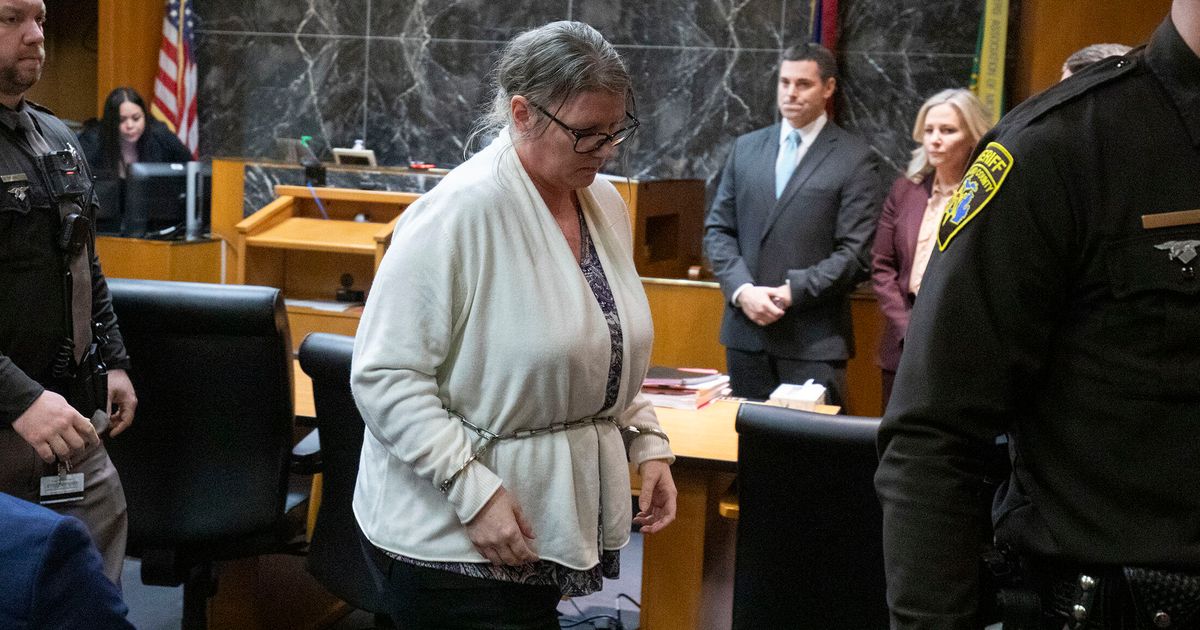On February 6, Michigan jurors rendered a guilty verdict in the trial of Jennifer Crumbley, whose son perpetrated a fatal school shooting in 2021. This marked the first instance of a parent of a school shooter facing charges for their child’s actions.
The tragic event unfolded on November 30, 2021, when 15-year-old Ethan Crumbley unleashed gunfire at his high school in Oxford, Michigan, resulting in the deaths of four students and injuries to seven others. Ethan admitted guilt to 24 charges, encompassing murder and terrorism, and is presently serving a life sentence with no chance of parole.
In the lead-up to the shooting, Jennifer Crumbley procured a firearm for her son, facilitated his practice at a shooting range, and purchased ammunition for him. Despite a concerning incident at school where Ethan’s troubling drawings and messages were discovered, the parents opted against accepting the school’s offer for mental health assistance. Jennifer’s husband, James, is scheduled for trial in March on identical charges.
During the trial’s conclusion on February 2, Jennifer Crumbley’s attorney, Shannon Smith, cautioned against setting a precedent by holding parents accountable for their children’s criminal acts. The defense highlighted the complexities of parenting, emphasizing that perfection is unattainable and that everyone, including Crumbley, has parenting lapses.
Conversely, Oakland County prosecutor Karen McDonald contended that Jennifer Crumbley’s actions, no matter how small, could have averted the tragedy, making a case for her culpability.
The defense posited that foreseeing and preventing such unforeseeable events might be an unrealistic expectation on parents, questioning the extent of parental responsibility for their children’s actions.
In a notable move, the prosecution strategically portrayed Crumbley as a deficient mother, insinuating her lack of commitment to her son through personal details like an extramarital affair and a purportedly stronger attachment to her horses than her child. This tactic aimed to sway perceptions of Crumbley’s character, potentially influencing the jury’s decision.
Legal experts underscored that being a subpar parent is not a criminal offense, emphasizing the importance of maintaining a minimal standard of care rather than imposing higher expectations that could lead to discriminatory enforcement.
Furthermore, the discussion delved into the challenges parents face in making decisions about their children’s mental health, cautioning against state interference in complex healthcare choices that families confront.
The absence of stringent gun regulations was also highlighted in the context of the Crumbley case, with experts pointing out the potential legal ramifications under newer laws that hold gun owners accountable for minors accessing firearms.
As the legal proceedings continue, the case of Jennifer Crumbley raises pertinent questions about parental responsibility, mental health support for minors, and the impact of gun regulations on such tragic incidents.

